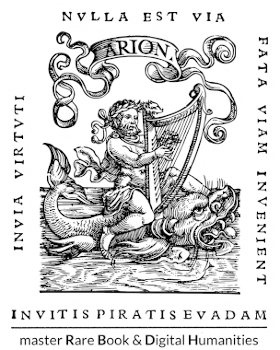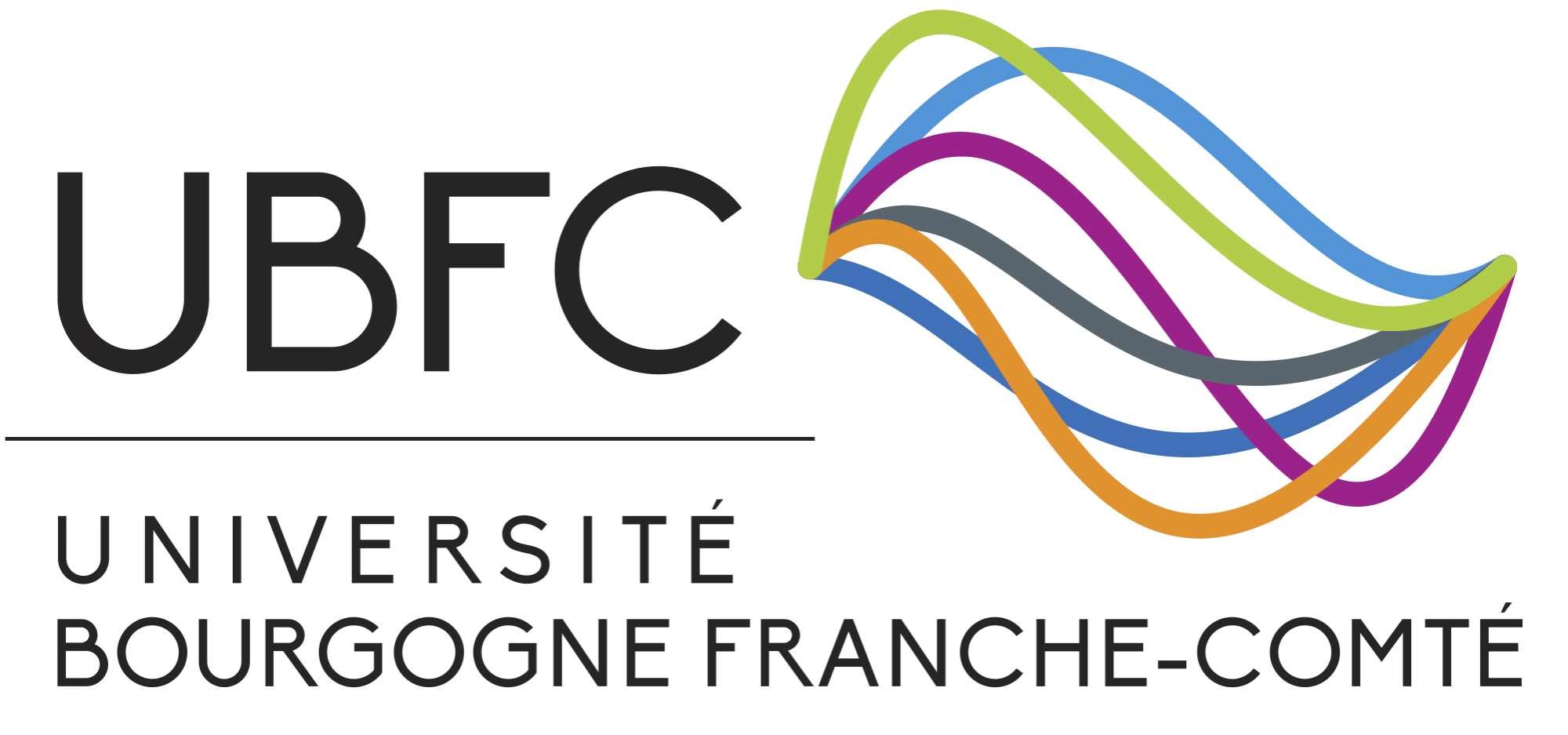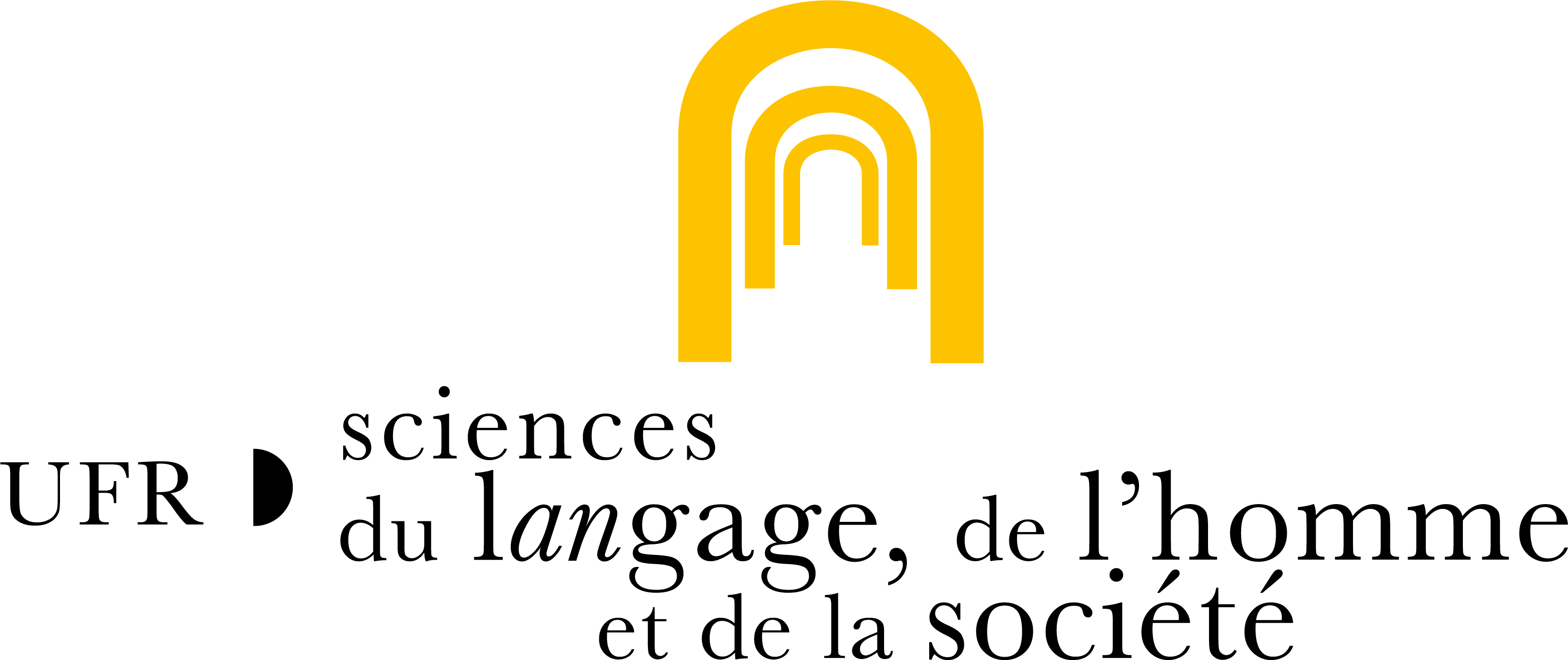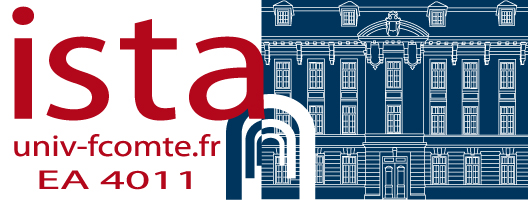Life and works
This first volume of Calvin’s letters edited by Jules Bonnet and published in 1854 covers the first part of John Calvin’s ministry, from 1538 to 1554, during the uncertain and tumultuous years leading to the definite establishment of his ministry in Geneva.
But who was John Calvin exactly? What did he do? What was the context of his ministry in Geneva?
Calvin’s Life
John Calvin (Jean Calvin or Jean Cauvin in French) was born in 1509 in Noyon, Picardy, France to a middle-class family and a lay administrator serving the local bishop. In 1523 his father sent him to the University of Paris to be formed as a priest. However, his father later decided he should study Law instead, he thus studied at the law schools of Orléans and Bourges from 1528 to 1531. After which Calvin returned to Paris where he came into contact with Renaissance Humanism. Calvin, like many other students of the time, was influenced by Erasmus and Jacques Lefèvre d’Étaples. This influence led him to study Greek, Hebrew and Latin in order to study the Bible in its original languages. The study of the classics also influenced his work.
In 1533 John Calvin was forced to leave Paris due to his contribution to a public statement of theological principles for the rector of the university, Nicolas Cop. The government was getting restless due to the reformation movement, and although Calvin’s involvement in Protestantism was not yet strong, he decided it was prudent to leave Paris.
He went to Basel, which was a Protestant refuge and religious haven at the time, where he began to study the Bible in earnest. His deep theological study changed everything. That is when he began to write Institutes of the Christian Religion, which would become the foundation of Protestant faith.
During that time, he also traveled around Europe and adopted pseudonyms to protect his identity. One of the most used ones is Charles d’Espeville, which he will use to sign some of his letters.
In 1536 he was spending a night in Geneva when he was asked by William Farel, one of the Protestant leaders trying to establish a deep Protestant foundation in the city, to stay in Geneva to help him in this endeavor. By then the Institutes had already gained him some reputation among the Reformation leaders.
At the time Geneva was a complicated political and religious arena. There were three main powers trying to take over: the bishop of Geneva, the House of Savoy, and the citizens of Geneva. The latter were organized in two main councils: the Little Council and the Two Hundred Council, from 1457 and 1527 respectively. In 1520 the people rose against the bishop, since merchants and the common people longed to get free from ecclesiastical bondage. By 1529, there were reports of preachers of the Reformation doctrine, who were promptly persecuted by the authorities under the orders of Emperor Charles V. William Farel, Protestant reformer, visited the city in 1532 and 1533, and he continued returning to the city and preaching despite having been forced to flee. In 1535, the Two Hundred Council issued a decree for the celebration of Mass to cease, which prompted the Roman clergy to flee. Therefore, by 1536, Geneva was increasingly under the control of Reformation sympathizers. But the city was far from belonging to the Reformation. Only one-third of the population could be said to be against the bishop and the duke (Catholic representatives), and the population had a reputation for being rebellious and chasing their pleasures.[1]
Therefore, Calvin accepted William Farel’s offer and together they began the work to make Geneva a truly Protestant haven. It was not easy, however; Geneva’s Little and Two Hundred Councils, wanting to remain in control of the city, refused all the measures Calvin and Farel were trying to enforce to give the church a power of its own, especially the power for excommunications. The opposition they faced was such that they both got expelled from Geneva in 1538.
After leaving Geneva, John Calvin settled in Strasbourg, then a German city as well as a Protestant stronghold, where he led and lectured the French community of refugees residing in the city.
During his stay in Strasbourg, Calvin began having money problems. He rented his residence to students as a means of helping with expenses. His friends, seeing his financial distress as well as his bad health due to his anxiety and stomach problems, recommended he find a wife. After a couple of recommendations and about a year and a half, John Calvin married Idelette de Bure Stordeur in August, 1540.
This was an unusual choice, according to some. Idelette de Bure Stordeur was a widow who had lost her husband to the plague a few months earlier and a former Anabaptist, who were regarded as a radical and dangerous cult. She also came into the marriage with two children. Nonetheless, Calvin apparently chose her due to the care she had dispensed to her dying husband in addition to her wit and frank character. He called her “the best companion of my life” and “the faithful helper of my ministry.”
In 1541, he was asked to return to Geneva. He did so, if not somewhat reluctant according to some, since he knew what he was going to face: he was changing peaceful and comfortable Strasbourg for restless and confrontational Geneva.
This time around Geneva seemed more receptive to his recommendations. The Councils agreed to the terms the church had submitted, but with modifications, leaving the Councils still having the last word on church matters even when they had made some concessions and loosened the reins somewhat this time. In any case, Calvin also relented.
He established in Geneva four groups of church leaders to organize the church: pastors, teachers, elders and deacons, following the design of the primitive church according to the Scriptures, and his ordinances provided for the education of the townspeople, particularly children, on the Word of God.
However, the battle was only beginning. John Calvin and William Farel still faced great opposition from different fronts. The situation got worse as more and more of Calvin’s followers and supporters fled persecution in France and sought refuge in Geneva, which created some restlessness in the city’s administrative powers, who felt “invaded” by the French Protestant community.
It was in the midst of this struggle that, in 1553, Michael Servetus was arrested upon his arrival in Geneva and convicted to be burned. Servetus was a Spanish theologian known for preaching unorthodox beliefs and especially for calling the doctrine of the Trinity, which both Catholics and Reformers wholeheartedly supported, a heresy. Michael Servetus had already been arrested by the Inquisition in Lyon, but he escaped during trial. Later on, during his trial at Geneva, John Calvin, who had exchanged letters with Servetus in which they discussed theological matters Calvin strongly disagreed with, pressed for his conviction, although he advocated for beheading instead of death by fire.
It was not until May 1555 that the struggle in Geneva finally came to an end and the city was totally under the control of the Reformers. While John Calvin still maintained a vigilant eye on the international scene, reason why he maintained a substantial correspondence with religious and political leaders of Protestant Europe in the following years, he was also able to relax and devote more of his time to study the Bible and continue writing his commentaries on the Holy Scriptures, most of which were readily published.
He also established during this last period of his life the Genevan Academy (1559) for the study of the humanities and preparation for the ministry. He actively worked as a pastor and teacher, preaching the Word of God regularly, giving spiritual advice, and officiating baptisms, weddings, etc.
In 1564, nine years after having firmly established a Protestant community in Geneva, he died in the city of his legacy of the many ailments that had physically weakened him for years.
Calvin’s Theology
John Calvin’s theological thinking is both based on and reasserts the sufficiency of Scriptures (both Old and New Testament) to get to know God and his will for his people and the world, of which He is the sole creator and sustainer, the only sovereign God. According to him, the true interpretation of the Scriptures could be assured by the guidance of the Holy Spirit of God in the Christian believer. He also shared the beliefs of the Catholic Church on the Trinitarian God: God the Father, the Son, and the Holy Spirit. And there is no doubt concerning his position on the subject of Jesus Christ as the Son of God, whose sacrifice on the cross is more than sufficient to atone for all the sins of those who believe in Him, argument he repeated again and again, especially in his position against participating in the Mass. Like all other Reformers, he followed Luther’s doctrine of divine grace, which states that salvation does not come by any merit of ours but only by the grace of God bestowed upon those who believe in the sacrifice of Jesus-Christ on the cross for our sins, that is, grace and salvation by faith. He believed in the Bible to provide the guide to a good life and a prosperous society, principles he enforced in Geneva.
His doctrine, known as Calvinism, is summarized in five main points: total depravity of man, unconditional election or predestination, limited atonement, irresistible grace, and perseverance of the saints. All of which are intimately connected. Total depravity means that all men are innate sinners and unredeemable without the work of God in them: we do not go to God, He calls us. Unconditional election or predestination stems from the previous one by stating that those who believe and those who do not believe have already been chosen from the dawn of time and separated either for salvation or damnation, since it is God who calls us; in our depravity, we are not able to see God, it is him who comes to us. Since some are chosen and others are not, atonement is limited, not everyone can be saved from eternal damnation. However, to those God presents himself to and offers his grace cannot refuse it, his grace is irresistible: we cannot look back once we experience his saving grace. Therefore, this assurance gives the saints the certainty that once the route to salvation is set, the work of sanctification will be completed. Saints cannot lose their salvation.
Calvin heavily relied on the belief of God’s sovereignty, it gave him peace and the assurance of salvation. Therefore, his concept of predestination was merely the guarantee of the saint’s salvation as a natural result of God’s sovereign choice, it could not be lost or relinquished, it was the work of the grace of God sealing the believer with the Holy Spirit, and it is an eternal seal.
However, despite the fact that most Reformed churches completely embraced four of his main doctrinal points, his doctrine of predestination still poses a problem for many, creating insecurity instead of certainty in their eternal salvation. Many began to be preoccupied with the question of the unconditional election, wondering whether or not they had been chosen. It greatly affects families when they consider that their children may not have been chosen to be saved, so they will not be. Therefore, Calvinism started to be pushed aside and the Church of England, the Methodists, and lately a great part of the Evangelical community, came to embrace Arminianism, the doctrine of Dutch Reformed theologian Jacobus Arminius (1560-1609). Arminianism basically embraces all of Calvin’s doctrine, except for predestination, arguing that God’s sovereignty does not negate free will and we are free to choose whether we believe in God or not; salvation is not predetermined, which reinforces the idea that salvation is accessible to all without question.
To this day, the dispute between Arminians and Calvinists remains fierce. The doubt and uncertainty that his predestination doctrine generated alienated many and led them to completely reject his teachings, his ministry and ultimately him, even though most Evangelical and Protestant Christians agree with the rest of his theological views.
Bibliography
[1] W. J. GRIER, “John Calvin’s Geneva | Monergism.”
Calvin University. “A Brief History Of John Calvin – About.” Accessed December 22, 2021. https://calvin.edu/about/history/john-calvin.html.
“John Calvin | Biography, Beliefs, Predestination, Writings, Reformation, & Facts | Britannica.” Accessed December 22, 2021. https://www.britannica.com/biography/John-Calvin.
“John Calvin in Context | FifteenEightyFour | Cambridge University Press,” August 9, 2019. http://www.cambridgeblog.org/2019/08/john-calvins-world/.
Source : Yanet Hernández Pedraza. “New Digital Critical Edition of John Calvin’s Collection of French Correspondence (Selection).” Master’s Thesis, Université de Franche-Comté (2022), 14.





